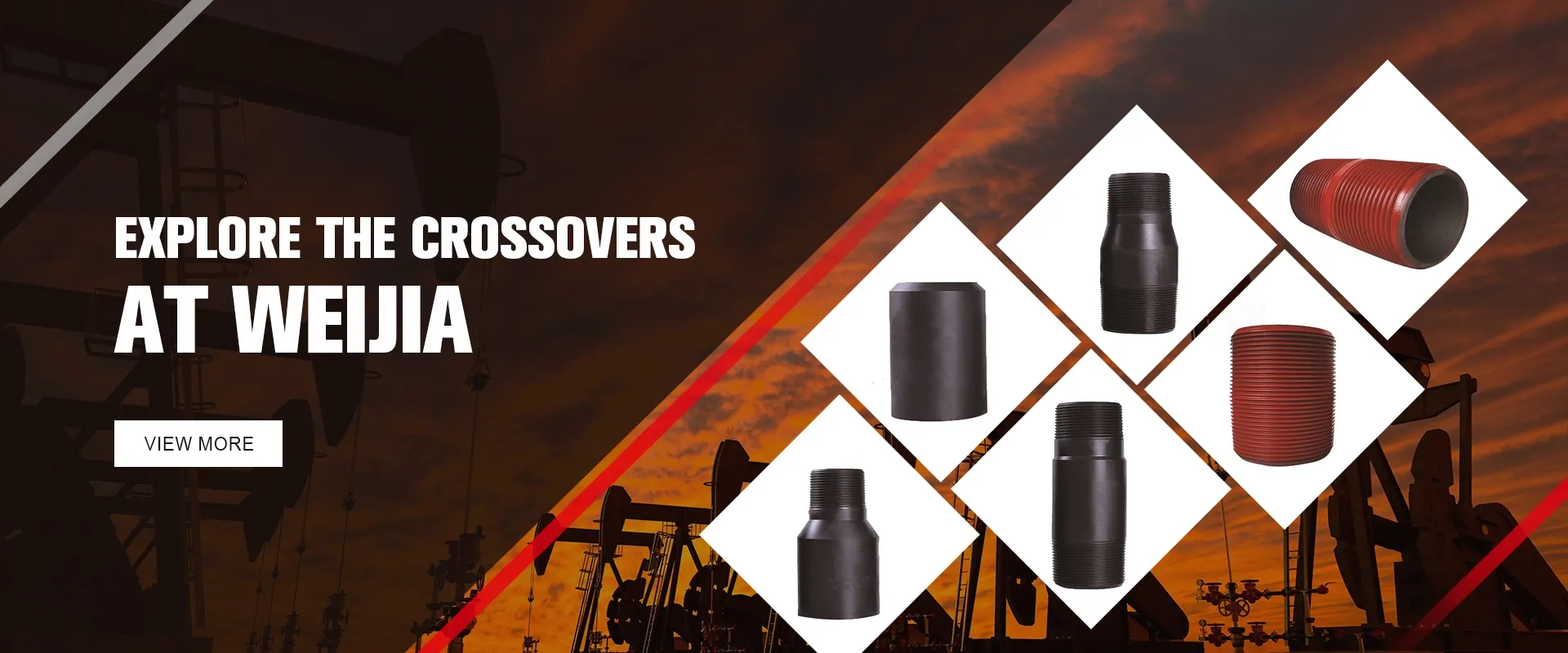- Afrikaans
- Albanian
- Amharic
- Arabic
- Armenian
- Azerbaijani
- Basque
- Belarusian
- Bengali
- Bosnian
- Bulgarian
- Catalan
- Cebuano
- Corsican
- Croatian
- Czech
- Danish
- Dutch
- English
- Esperanto
- Estonian
- Finnish
- French
- Frisian
- Galician
- Georgian
- German
- Greek
- Gujarati
- Haitian Creole
- hausa
- hawaiian
- Hebrew
- Hindi
- Miao
- Hungarian
- Icelandic
- igbo
- Indonesian
- irish
- Italian
- Japanese
- Javanese
- Kannada
- kazakh
- Khmer
- Rwandese
- Korean
- Kurdish
- Kyrgyz
- Lao
- Latin
- Latvian
- Lithuanian
- Luxembourgish
- Macedonian
- Malgashi
- Malay
- Malayalam
- Maltese
- Maori
- Marathi
- Mongolian
- Myanmar
- Nepali
- Norwegian
- Norwegian
- Occitan
- Pashto
- Persian
- Polish
- Portuguese
- Punjabi
- Romanian
- Russian
- Samoan
- Scottish Gaelic
- Serbian
- Sesotho
- Shona
- Sindhi
- Sinhala
- Slovak
- Slovenian
- Somali
- Spanish
- Sundanese
- Swahili
- Swedish
- Tagalog
- Tajik
- Tamil
- Tatar
- Telugu
- Thai
- Turkish
- Turkmen
- Ukrainian
- Urdu
- Uighur
- Uzbek
- Vietnamese
- Welsh
- Bantu
- Yiddish
- Yoruba
- Zulu
well casing coupler
Understanding Well Casing Couplers A Key Component in Oil and Gas Operations
In the oil and gas industry, the integrity and reliability of drilling operations are paramount. Among the essential equipment used in well construction and maintenance, well casing couplers play a crucial role. These couplers serve as connectors that join together segments of casing, which are large steel pipes inserted into a drilled well to maintain its structural integrity and ensure safe operations.
What is a Well Casing Coupler?
A well casing coupler is a mechanical device designed to connect two pieces of casing tubing. The casing is critical as it prevents the well from collapsing and protects groundwater resources from contamination by oil, gas, and other fluids. The coupler must be robust enough to withstand the high pressures and harsh conditions typically encountered in deep wells.
Casing couplers are generally manufactured from high-strength steel and are equipped with threading or other coupling mechanisms that allow for a secure fit between casing sections. Different types of couplers exist, including standard, premium, and special applications couplers, each tailored to specific operational requirements and environmental conditions.
Importance of Well Casing Couplers
1. Structural Integrity Casing couplers ensure that the casing sections are securely joined, maintaining the structural integrity of the entire casing string. This is crucial in preventing collapse under external pressures and ensuring the well can withstand the forces it encounters during drilling and production.
2. Fluid Containment Properly installed casing and couplers create a barrier that prevents the migration of fluids between different geological layers. This is vital for the protection of aquifers and local water supplies from contamination by hydrocarbons and other drilling fluids.
well casing coupler

3. Ease of Assembly and Disassembly The design of well casing couplers allows for easy assembly and disassembly, facilitating the installation and maintenance of the casing. This is particularly important in operations that require frequent interventions, such as workovers or during drilling in unstable formations.
4. Versatility and Customization Different wells may have varying depths, pressures, and environmental conditions. Well casing couplers can be customized to meet these specific requirements, ensuring an optimal fit and performance for diverse applications.
Challenges and Considerations
While well casing couplers are indispensable, their design and application come with challenges. One major concern is the potential for failure at the coupling joint, which can lead to catastrophic consequences, including blowouts or loss of well integrity. Therefore, it is crucial to select the right coupler type based on the geological and operational conditions.
Regular inspections and adherence to industry standards during installation and maintenance are vital for ensuring the couplers function as intended. Advances in technology, such as the use of non-destructive testing methods, have improved the reliability of casing couplers and the overall integrity of well operations.
Conclusion
Well casing couplers are a fundamental component in the oil and gas industry, playing a vital role in ensuring the safety and efficiency of drilling operations. By understanding their function and importance, industry professionals can make informed decisions regarding their use, ultimately leading to improved operational outcomes. As drilling technologies continue to advance, the continued development of high-performance casing couplers will be crucial for meeting the industry's evolving challenges and ensuring sustainable resource extraction.
-
Well Casing Extension Couplings – Applications and InstallationNewsJun.06,2025
-
Types of Crossover Subs in Drilling & CompletionNewsJun.06,2025
-
Key Features of High-Quality Tubing Pup JointsNewsJun.06,2025
-
Installation and Maintenance Tips for Steel Couplings for PipeNewsJun.06,2025
-
How to Select the Right Pup Joint for Oil & Gas OperationsNewsJun.06,2025
-
Applications of Stainless Steel Pipe CouplingsNewsJun.06,2025







